Lead Research Communicator
Malcom is a lead research communicator for Michigan Medicine and research communications strategist for the U-M Medical School, with more than 20 years of experience in strategic communications, marketing, and health and science writing. She covers the basic science departments, pulmonary and critical care medicine, infectious disease, pathology and anesthesiology. Contact: [email protected]

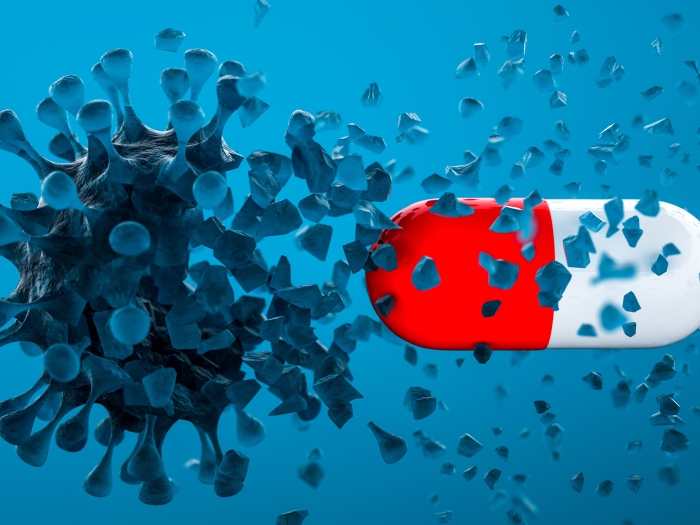
Health Lab
Michigan Medicine researchers looked into a drug in development to treat prostate cancer called proxalutamide, which works by blocking an enzyme called TMPRSS2 (transmembrane protease, serine 2) that is regulated by androgen receptors, as a potential therapeutic for COVID.

Health Lab
A collaborative research effort led by the University of Michigan and the Icahn School of Medicine at Mount Sinai has resulted in a nasal vaccine adjuvant that stops infection in both young and old mice.
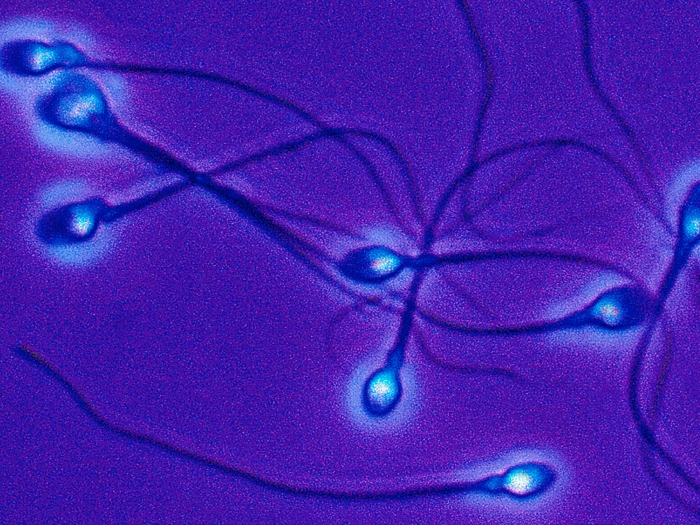
Health Lab
Researchers at the University of Michigan are now delving into the molecular-level details of sperm formation, with a particular focus on how abnormalities in this process might lead to male-factor infertility.
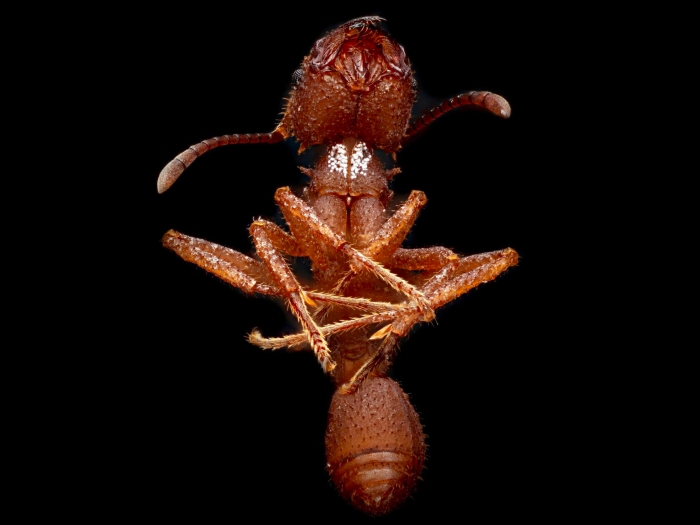
Health Lab
Investigators find that these specific ants sniff out diseased fungus by detecting chemicals called peptaibols.
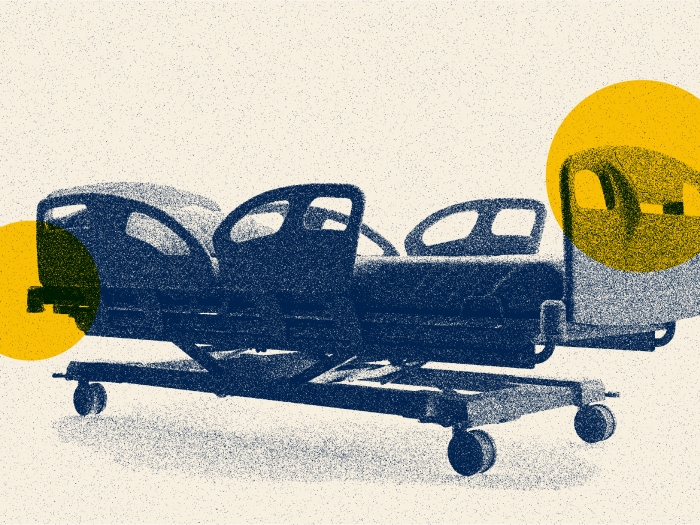
Health Lab
A study from the University of Michigan Center for Bioethics & Social Sciences in Medicine examined the factors that went into this decision-making—and the moral distress that often resulted from it.
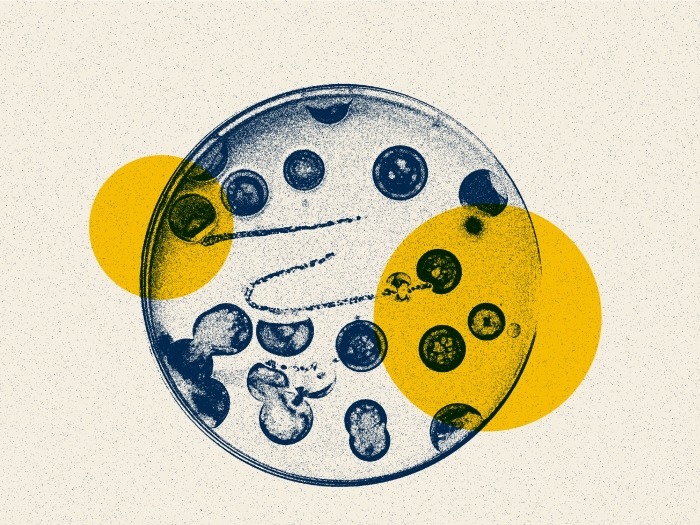
Health Lab
Scientists have wondered whether there are differences in the types of yeast that become pathogenic. A study from the U-M Medical School Department of Microbiology and Immunology finds that the colonizing strains are very similar to pathogenic strains.
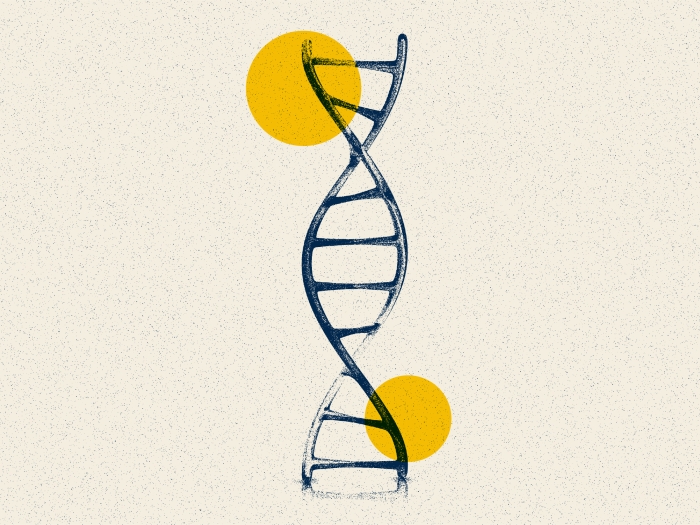
Health Lab
One of the most important protein complexes in mammals involved in ERAD is called SEL1L-HRD1. Recent research finds that this protein complex helps regulate another critical protein involved in innate immunity, called STING, at the endoplasmic reticulum.

Health Lab
A Michigan Medicine study finds controlling elevated carbon dioxide improves survival in patients.
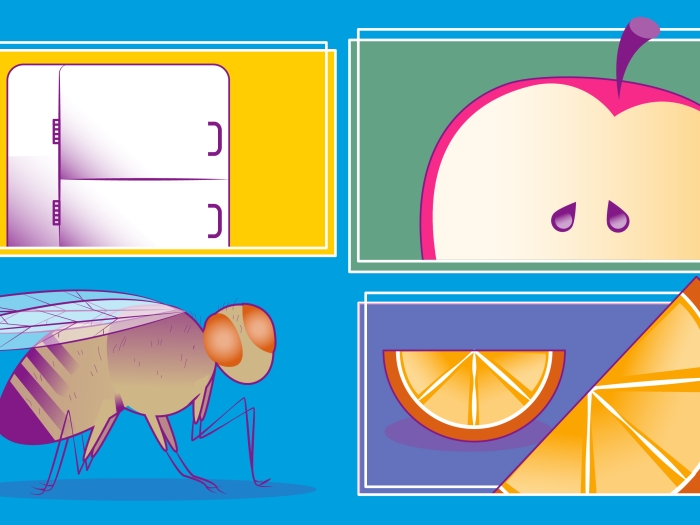
Health Lab
Scientists say these findings may also apply to other species
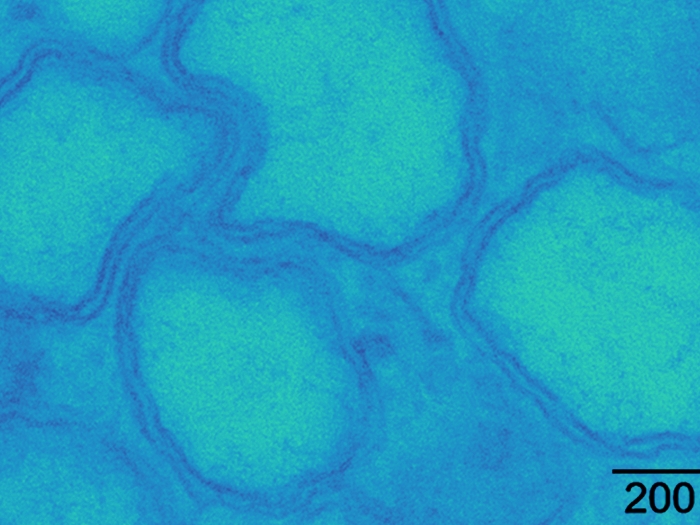
Health Lab
A highly complicated experiment designed to reveal how SARS-CoV-2 causes infection by hijacking cellular machinery is published by a team of investigators at Michigan Medicine.

Health Lab
A Michigan Medicine study provides early evidence of a surge of activity correlated with consciousness in the dying brain.
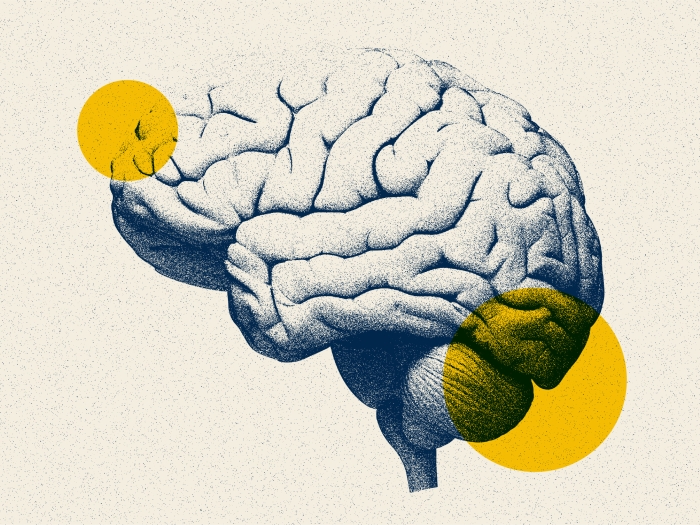
Health Lab
A Michigan Medicine study takes a closer look at the neurobiology of psychedelic experiences.
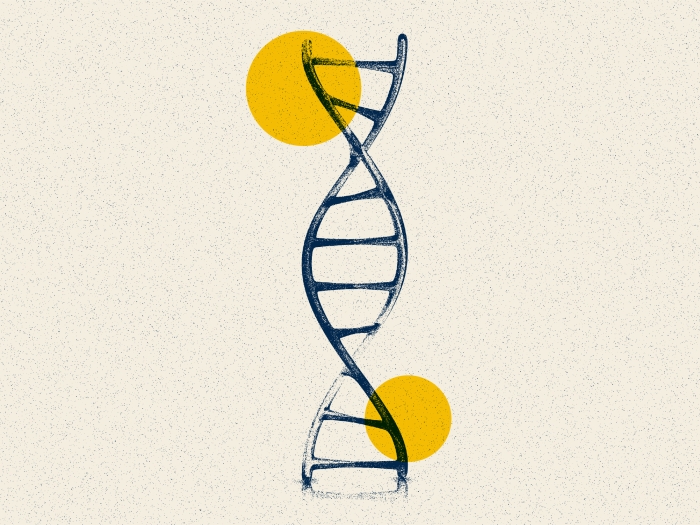
Health Lab
A Michigan Medicine study reveals pivotal RNA modification in mouse embryos.
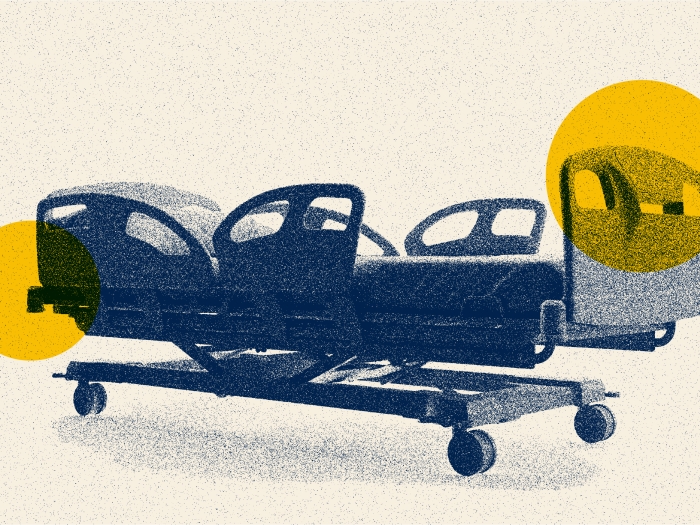
Health Lab
A Michigan Medicine study tries to understand why different hospitals use the intensive care unit more than others.
News Release
MICHR to tackle goal of diversifying and improving research to speed therapies for benefit of all patients